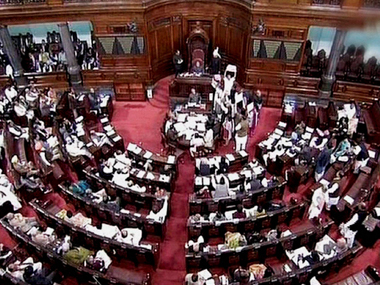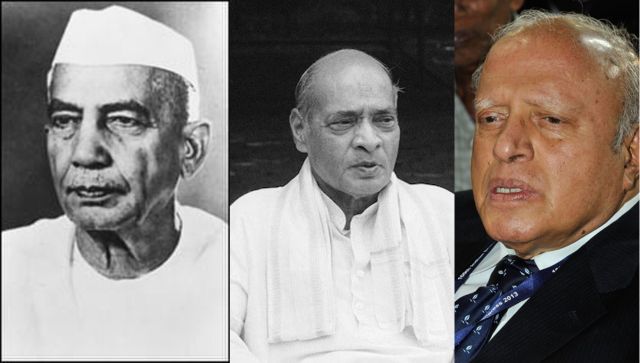A communiqué from the Lok Sabha Secretariat dated 12 December 2001 says members of Parliament hereafter will be taxed on their income as parliamentarians under the head income from other sources. This must have been done after agonizing soul searching – what exactly is the status of our MPs. Are they employees that their salary should be taxed as income from salaries as hitherto? The answer apparently is MPs are not employees any more than working partners of partnership firms are.
Working partners’ salary is taxable as their professional income and not under the head income from salaries in recognition of the reality that being co-owners they cannot pay salary to themselves. The situation of MPs is of course not on all fours with working partners. They may not be the co-owners of the country but they aren’t answerable to anyone either. They are not appointed by the government of India; rather they are elected and the Election Commission sends in a notification to the Lok Sabha Secretariat accordingly. Since they are not employees, there was a niggling doubt whether taxing their salary under the head income from salaries was appropriate.
The Lok Sabha Secretariat at last did a bit of soul searching and said since they aren’t employees, their salary would be taxable as income from other sources. And since the assessment would be under income from other sources, the TDS regime for salary would not apply to our elected representatives who would take care of their tax liability by voluntarily paying advance tax. The above change in the tax position was apparently done in collaboration with the CBDT. So far so good.
Having relegated their income to other sources status, other cognate amendments must have been made simultaneously. There was no reason why the twin exemptions under section 10(16) of the Income Tax Act – constituency allowance and daily allowance—should have been continued while consciously discontinuing the TDS regime. A MP presently gets a basic salary of Rs 50,000 per month, session or no session. In addition he gets a constituency allowance of Rs 40,000 per month, session or no session. And he also gets a daily allowance of Rs 2,000 for the days he attends Parliament while it is in session. Section 57 of the Income tax Act says while computing income from other sources expenses relatable to earning of such income would be deductible.
Thus it would be in fitness of things if MPs are called upon to furnish proof to the tax authorities of how they have spent their daily and constituency allowances. In the earlier regime where they were taxed as salary, there might have been some justification in keeping these two items away from salary income computation but in the new status of non-employees, MPs ought to be subjected to greater scrutiny of these two sumptuous allowances though at the end of the day they can be counted upon to answer this challenge with aplomb with the assistance of their wily chartered accountants. The point is non-salaried persons have to prove their expenses. The bottom-line is MPs pay tax only their basic salary, period while the salaried class is granted exemption for allowances grudgingly and insultingly, so to speak. Education allowance is a case in point – Rs 100 per month.
And what happened in 2009 is something that can only be described as conspiracy of silence with parliamentarians closing ranks in their enlightened self interest – pension of Rs 20,000 per month if a parliamentarian has served five years and Rs 1,500 per month for every year in excess of five years. Our parliamentarians by this self-service have elevated themselves to the exalted status of UN employees for which there is considerable jockeying because if you complete five years with any of the UN organizations, you earn yourself a monthly dollar pension. Small wonder our bureaucrats vie for UN jobs while in service in India and manage a deputation to the UN by pulling strings. Not to be outdone, our MPs have wangled for themselves a rupee pension that cannot be scoffed at though nowhere close to the UN dollar pension.
Political families can ensure pension for each one of its members by taking turn at the hustings from their pocket boroughs so that each one has served at least for one term and the entire family becomes eligible for lifelong pension. If there are three MPs or ex-MPs in a family, the ‘family pension’ is Rs 60,000 per month.


)




)
)
)
)
)
)
)
)